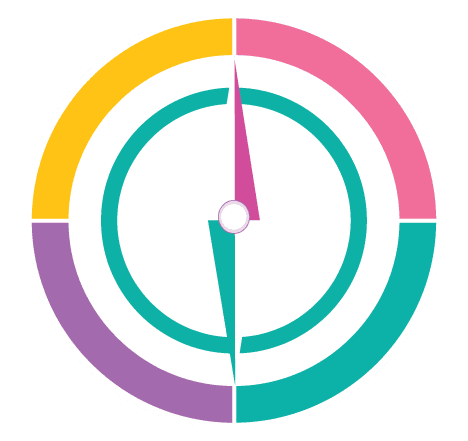Relational Care
Relational care is the fifth dimension of the R@W learning model, complementing the 4Cs — critical thinking, communication, collaboration, and creativity. While the other dimensions focus on cognitive, communicative, and inventive competencies, relational care draws attention to the ethical, emotional, and interpersonal grounding of learning.
In R@W, we see relational care not as a soft add-on, but as a structural force — shaping how learners relate to others, to their own ideas, and to the world they are working to understand and influence. It is the invisible architecture behind respectful communication, meaningful collaboration, and responsible creativity.
Why It Matters
At its core, relational care cultivates a deep sense of responsibility, empathy, and attentiveness — skills increasingly urgent in a world marked by complexity, change, and interconnectedness.
In R@W, students are encouraged to consider:
Who is affected by the decisions we make in our venture?
What are the emotional and ethical dimensions of our interactions — with each other, with our tools, and with the world?
How do we listen? How do we respond?
How It Is Practiced in R@W
Relational care is embedded throughout the R@W ecosystem as students engage with its distinct learning spaces:
Being-in-the-World: As students observe and engage with the world around them, they begin to cultivate a sense of stewardship. This goes beyond simply identifying needs in their immediate surroundings — it involves developing a protective, caring responsibility for the people, communities, and environments they aim to support and transform.
Detectives’ Studio: Students consider the relational dynamics within their groups — tensions, support, shared goals. They learn to assert their own interests while honouring and enabling those of others.
Cinematic Chronicles (CinChron): This learning space invites students to unpack and cinematically represent personal traits that often remain unseen. Through storytelling and reflection, they explore how these traits play out in relation to others — and consider which aspects of themselves may need greater care, attention, or transformation.
ChatRoom: Through private conversations with their teachers about their CinChron reflections, students experience respect and care extended to them within a trusted learning environment. Through these chats, they come to understand that their being-in-the-world is seen and honoured — a realisation that nurtures an intrinsic desire to offer the same care and attention to others.
RippleVerse Engagement: In this controlled social media space, students are asked to engage constructively and kindly, recognising that learning in public spaces requires care — for voice, for audience, for digital presence.
Learning Outcomes
Through relational care, learners develop:
Emotional intelligence in group dynamics
Ethical awareness in decision-making
Capacity for compassionate listening
Respect for diverse perspectives
A sense of co-agency, where learning is never just about the self, but about the shared experience of learning with and for others
Relational care is what makes learning human.
It transforms the 4Cs into the 5Cs — from individual competencies into shared practices that ripple outward — into teams, communities, and futures.

